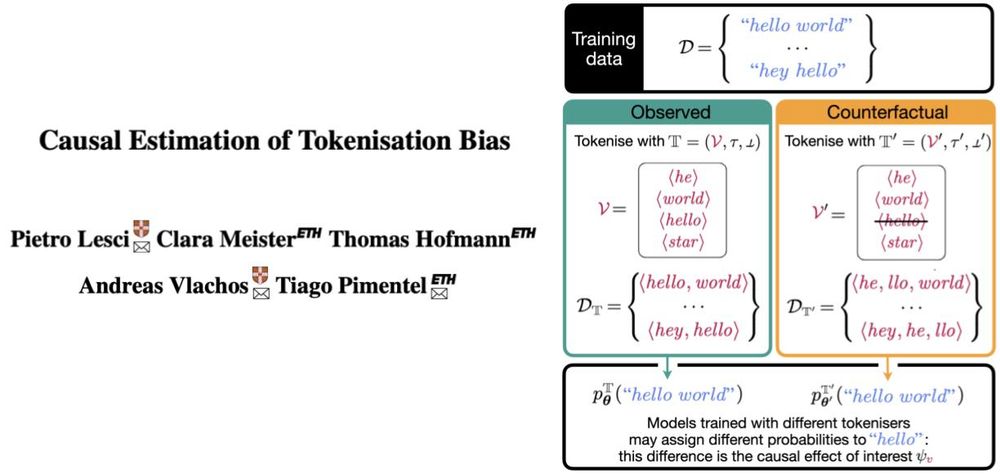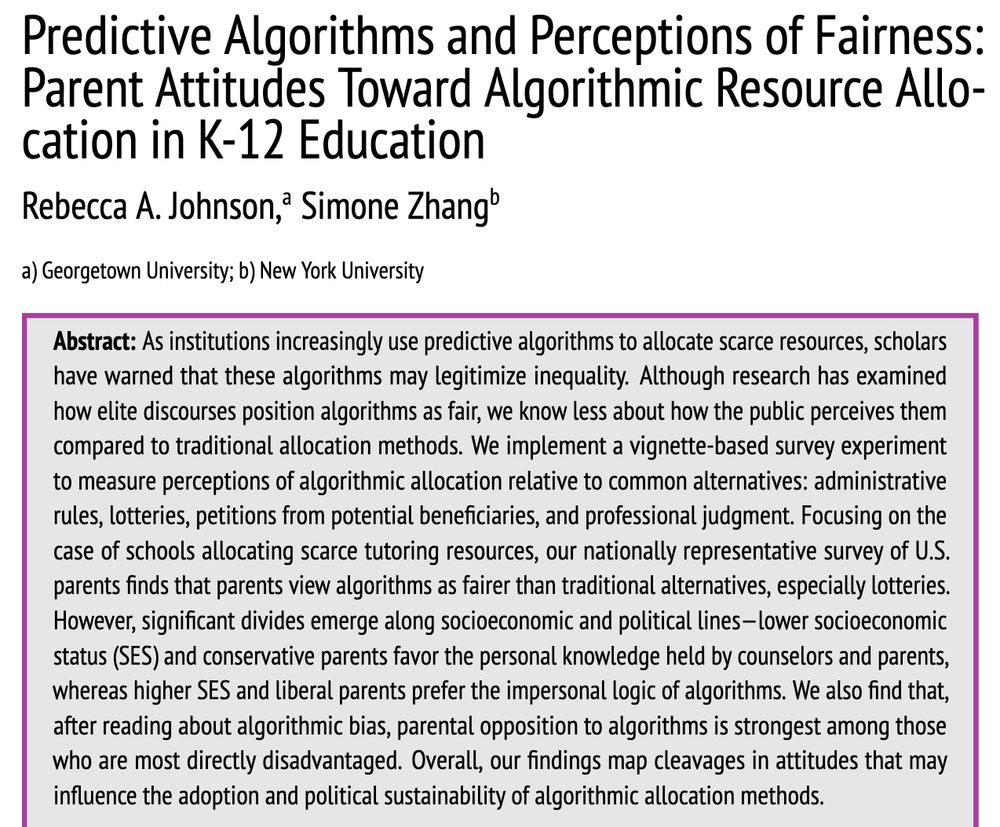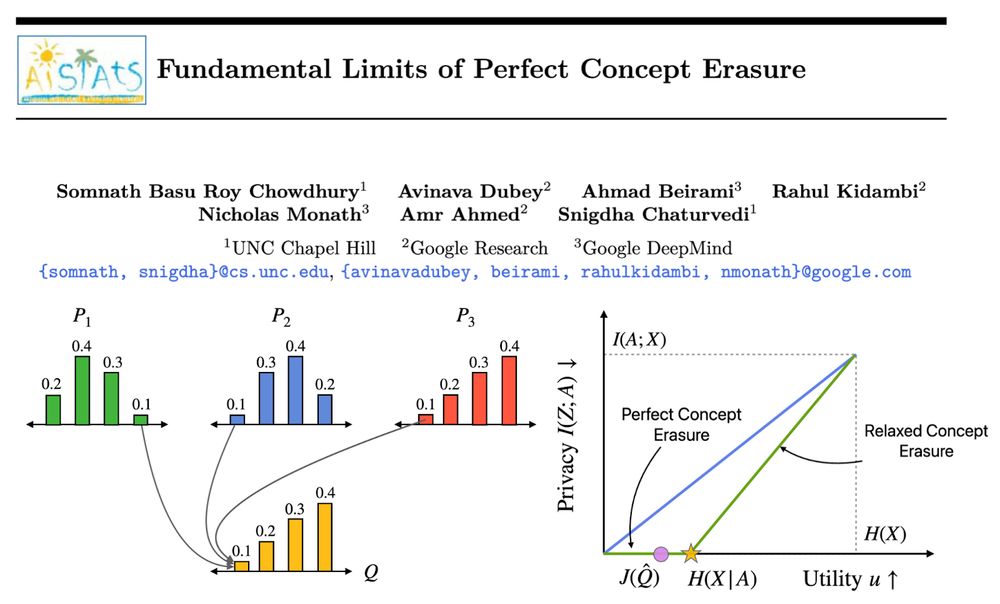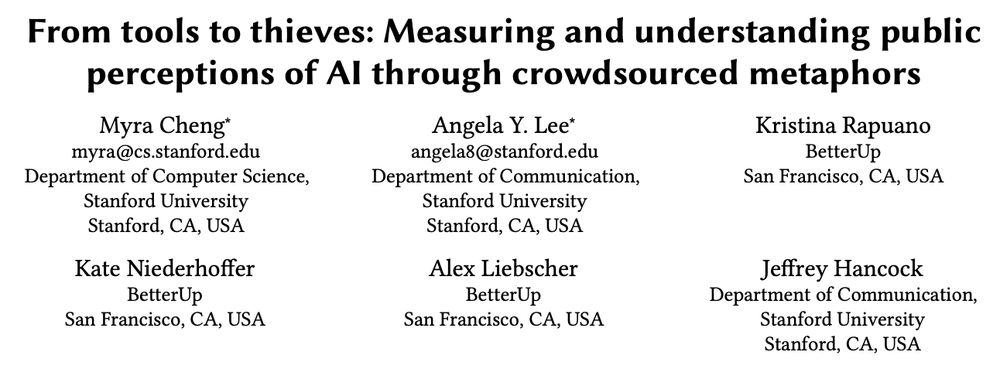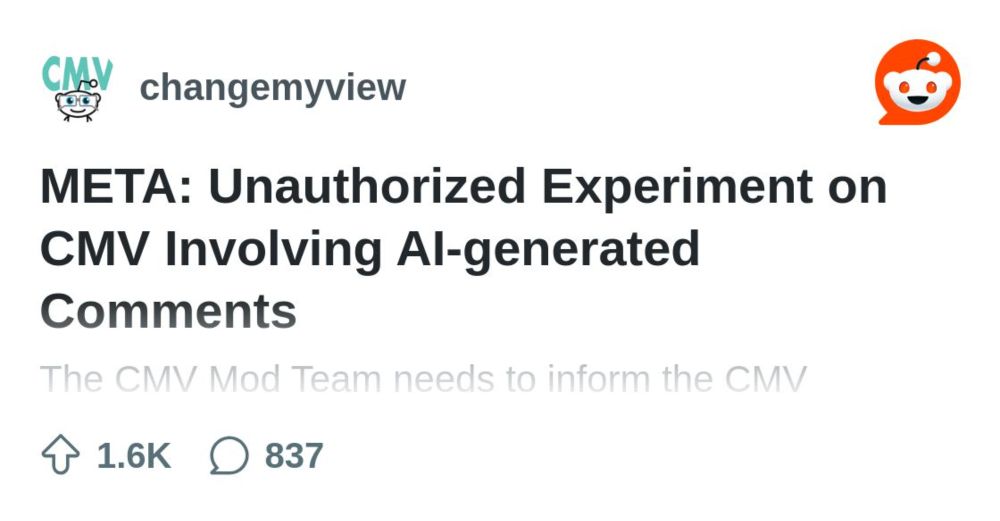Musashi Hinck
@musashihi.bsky.social
81 followers
180 following
19 posts
AI Research Scientist at Intel Labs
Prev. Postdoc at Princeton, DPhil at Oxford
Posts
Media
Videos
Starter Packs
Musashi Hinck
@musashihi.bsky.social
· Sep 1
Reposted by Musashi Hinck
Reposted by Musashi Hinck
Musashi Hinck
@musashihi.bsky.social
· Aug 11
Reposted by Musashi Hinck
Reposted by Musashi Hinck
Angelina Wang
@angelinawang.bsky.social
· Jul 30
Reposted by Musashi Hinck
Musashi Hinck
@musashihi.bsky.social
· Jun 3
Musashi Hinck
@musashihi.bsky.social
· Jun 3
Reposted by Musashi Hinck
Reposted by Musashi Hinck
Reposted by Musashi Hinck
Reposted by Musashi Hinck
Reposted by Musashi Hinck
Joshua Tucker
@jatucker.bsky.social
· May 1
Reposted by Musashi Hinck
Musashi Hinck
@musashihi.bsky.social
· Apr 28
Reposted by Musashi Hinck
Reposted by Musashi Hinck
Reposted by Musashi Hinck
Reposted by Musashi Hinck
Wissam Antoun
@wissamantoun.bsky.social
· Apr 14
Musashi Hinck
@musashihi.bsky.social
· Apr 21

Why do LLaVA Vision-Language Models Reply to Images in English?
Musashi Hinck, Carolin Holtermann, Matthew Lyle Olson, Florian Schneider, Sungduk Yu, Anahita Bhiwandiwalla, Anne Lauscher, Shao-Yen Tseng, Vasudev Lal. Findings of the Association for Computational L...
aclanthology.org
Musashi Hinck
@musashihi.bsky.social
· Apr 21

Evaluating the Elementary Multilingual Capabilities of Large Language Models with MultiQ
Large language models (LLMs) need to serve everyone, including a global majority of non-English speakers. However, most LLMs today, and open LLMs in particular, are often intended for use in just Engl...
arxiv.org








